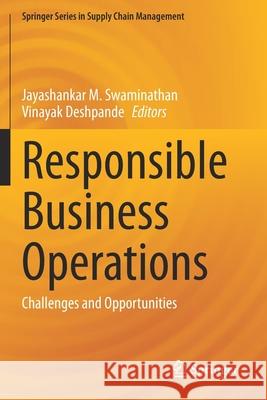Responsible Business Operations: Challenges and Opportunities » książka
topmenu
Responsible Business Operations: Challenges and Opportunities
ISBN-13: 9783030519599 / Angielski / Miękka / 2022 / 278 str.
Responsible Business Operations: Challenges and Opportunities
ISBN-13: 9783030519599 / Angielski / Miękka / 2022 / 278 str.
cena 603,81
(netto: 575,06 VAT: 5%)
Najniższa cena z 30 dni: 578,30
(netto: 575,06 VAT: 5%)
Najniższa cena z 30 dni: 578,30
Termin realizacji zamówienia:
ok. 16-18 dni roboczych.
ok. 16-18 dni roboczych.
Darmowa dostawa!
Kategorie:
Kategorie BISAC:
Wydawca:
Springer
Język:
Angielski
ISBN-13:
9783030519599
Rok wydania:
2022
Ilość stron:
278
Waga:
0.39 kg
Wymiary:
23.39 x 15.6 x 1.47
Oprawa:
Miękka
Wolumenów:
01
Dodatkowe informacje:
Wydanie ilustrowane











